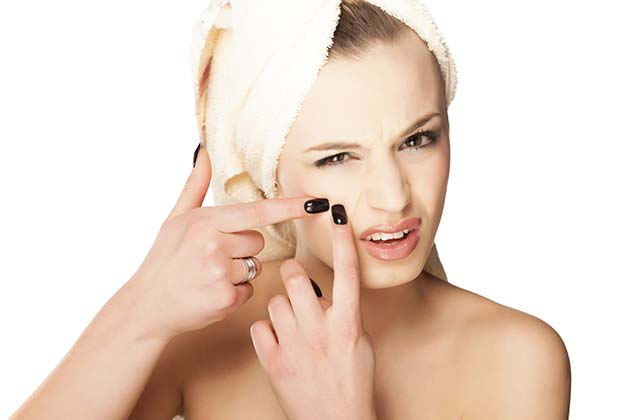
How to Deal With Teenage Acne?
For many teenagers, acne is a trial that is common to their age. Global studies show that acne vulgaris happens to approximately 85% of teens and young adults from 12 – 25 years old. This skin condition sometimes continues until adulthood and then slowly disappears as you age.
In Canada, it is one of the most prevalent skin diseases today – almost 20% of the population in the country lives with acne. Fortunately, for teens and other sufferers of this condition, some things can be done and medical treatments that can be prescribed to minimize and even completely remove this skin problem.
Acne in teens
One might argue: Acne is not a serious health risk, why take it seriously? Well, for adolescents, it is a big deal. Teens are undergoing a lot of changes in this phase of body development and acne can cause serious harm in their self-image and confidence. The pustules can show up anywhere on the face, shoulders, chest, and back. These pustules can leave unsightly scars which affect how you look. When this happens, it becomes more than just a physical concern, it progresses as a mental health issue.
How does it start?
When you approach your adolescent years, your body starts to increase androgen production. This type of body secretion is responsible for the production of sebum, the body’s natural oil. Sebum can get mixed up with dead skin cells and get stuck in the hair follicles. When the blockage occurs, it can cause inflammation of the skin. And when bacteria enter the fray, this can cause even more inflammation.
Acne can be triggered by several factors. Certain medications can cause acne breakouts. Genetics also play a role in whether you will have fewer pimples, more pimples, or no pimples at all. Oil-based make-up and face products can also start or worsen this skin condition. Hormonal fluctuations in pregnancy, menstruation, or specific diseases affecting hormone production can bring about breakouts.
How do you manage or treat acne in teens?
The good news is that you can do prevention or management tips to keep pimple breakouts at bay. Here are things that even teenagers can do to fight acne:
Choose your cleanser carefully
Establishing a daily cleansing regimen can avoid oil and dead skin blockage on the face. But strong facial cleansers tend to dry skin, so as much as possible, choose a mild one. Dove, Cetaphil, and Cerave are popular commercial skin cleansers that gently get rid of oils and dead skin on your body. If you are suffering from mild or severe acne, forget about facial scrubs in the meantime. And yes, this includes using a washcloth on the face too. Avoid rubbing or applying friction to the face and stick to gentle cleansers. When washing, remember to use warm water.
Moisturize using oil-free products
Find a mild moisturizer to avoid clogging your pores or irritating any existing acne. Look for oil-free and non-comedogenic ones in the market. If you are using it along with prescription creams, apply the cream first, and then use the moisturizer.
Never sleep with make-up on
If you use make-up during the day, make sure to remove it when you get home by washing your face and using a gentle cleanser or make-up remover – no matter how tired are. Even if your make-up is oil-free and non-comedogenic, leaving them on while you sleep will increase oil production, blockage, and bacteria. These things can worsen your pimple breakout.
Find oil-free shampoos
You only use shampoo on your scalp, but, surprise – scalp is skin too and it can also be affected by pimples. Plus, your shampoo can touch your forehead or cheeks when taking a bath, so better be safe than sorry. Buy oil-free shampoos to complete your body cleansing regimen.
Avoid popping those pimples
Sometimes, no matter how meticulous you are with your facial treatment regimen, breakouts still happen. Avoid the temptation of pricking or popping new pimples. The habit can worsen scarring and puts you at risk with a bacterial infection. So as much as possible, keep those fingernails or tweezers away from your pimples!
Find a doctor
Doctors who specialize in treating acne are called dermatologists. Mild cases can be treated by general practitioners or family doctors. But if you are suffering from a severe case of acne, you need to find one in your local area. If social restrictions or personal reasons prevent you from having a face-to-face appointment with a doctor or visiting a walk-in clinic Edmonton, you can still find dermatologists in online clinics. Talk to one today so that you can eliminate all the guesswork in your acne treatment.
Almost all teenagers get acne. With the various body changes they undergo, it is the role of parents to support them and let them understand why they are experiencing such things. Guiding and helping them cope with acne and other adolescent issues will make them go through this important stage in life with confidence.
